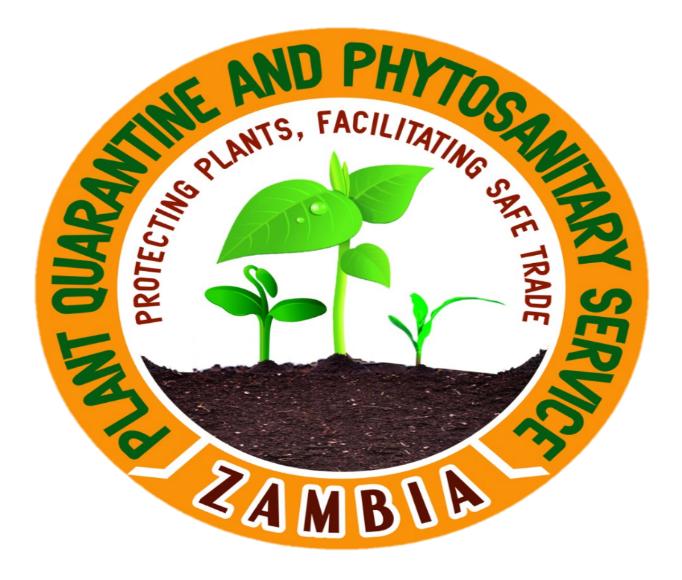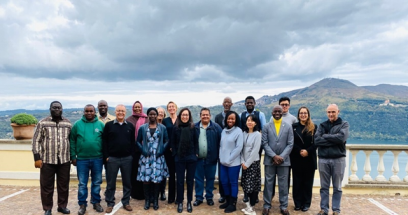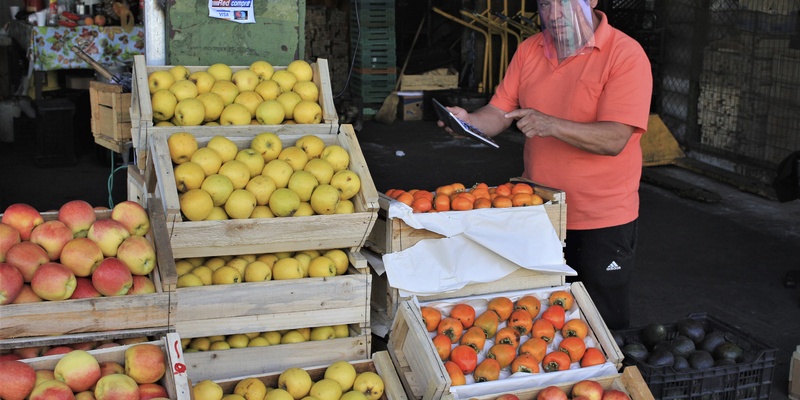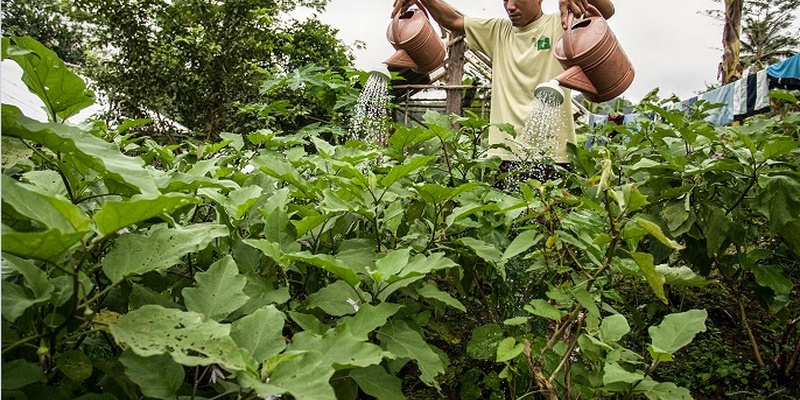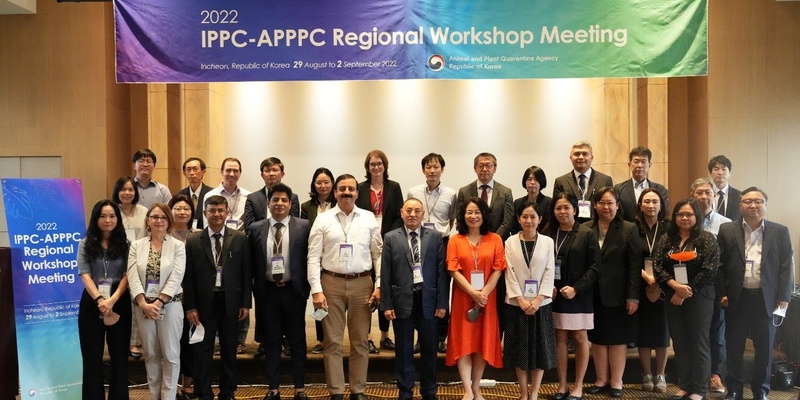PQPS KICK STARTS IMPLEMENTATION OF A $400,000 PROJECT UNDER THE FAO TECHNICAL COOPERATION PROGRAM
The Ministry of Agriculture (MOA) through the department of Plant Quarantine and Phytosanitary Service (PQPS), is implementing a project aimed at strengthening safe trade of plants and plant products in Zambia. This is a two (2) year (October, 2022 to September, 2024) project funded by the Food and Agriculture Organization (FAO) of the United Nations (UN) under the Technical Cooperation Program (TCP). The project will address a number of areas which include: finalization of the draft Plant Health Bill; procurement of pest diagnostic tools and office equipment; procurement of motor bikes; renovation and partitioning of PQPS offices; training of Plant Health Inspectors and stakeholders on various phytosanitary aspects including the ePhyto solution to mention a few.
